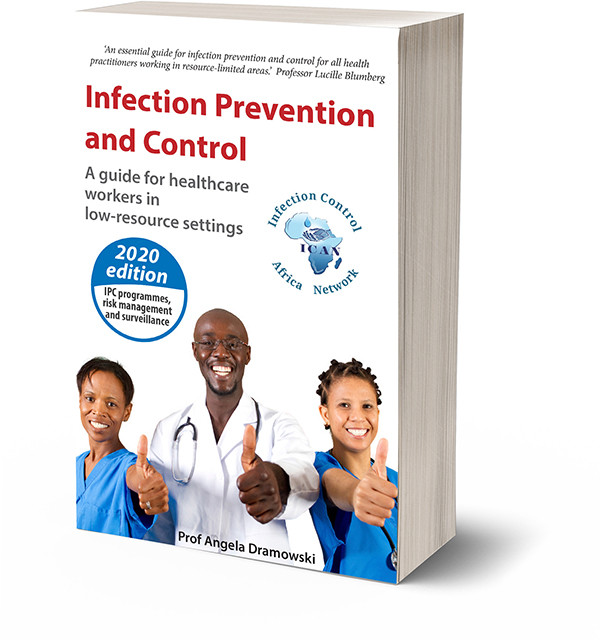Quiz 4: Teamwork, managing conflict and self-care
Choose the one, most correct answer to each question or statement.
- A team is a group of individuals who:
- Work on their own and do not need any help
- Make sure they get what they want out of every discussion
- Work together to achieve a common goal
- Ignore the patients and their families
- Teams that provide holistic palliative care:
- Are always led by a doctor
- Are dynamic and able to change as the needs of the child and family change
- Are usually limited to doctors and nurses only
- Are no longer needed in a modern healthcare system
- What is a characteristic of an effective care team?
- The workload is shared evenly even if it means working overtime
- The healthcare providers are always right and everyone else is wrong
- There is mutual respect and trust
- The final decisions are always made by the doctor
- Which of the following are members of the care team caring for a seriously ill child?
- Only the doctor and the child
- Only the doctor and the parents
- Only the nurse, parents and child
- The doctor, nurse, social worker, parents and child
- How can we include the child in the care team?
- Do not offer any choices or alternatives that will give them hope
- Encourage the child to be part of the discussions and decision making
- First make decisions for the child and then be willing to discuss your decisions with the child
- Use complicated medical terms (jargon) so that the child will not be frightened by understanding their condition better
- When mobilising community support which resource would be most helpful?
- The head of the district school board
- The provincial member of parliament responsible for health
- The local places of worship
- The local burial society
- How can you improve community support to effectively provide care for sick children?
- Open a soup kitchen
- Offer prizes for community art projects
- Start vegetable gardens
- Include the child’s school and classmates in providing ongoing support and continuing education
- What may result from a conflict between the care team and the parents?
- The parents are unaware that you do not know something
- The child, but not the parents, receive all the clinical information
- A lack of trust and poor communication
- The child is left alone for long periods of time
- Referring a patient shows that:
- You are too afraid of taking proper responsibility for the patient’s care
- You are not competent and too busy
- You do not know what you are doing
- You believe the patient needs an alternative or more advanced level of care
- In which of these circumstances would we consider referring the patient?
- The child is not being cooperative and keeps crying
- The family demands to be seen in a teaching hospital
- The relationship between the patient and the team has broken down
- You do not like the parents
- What is self-awareness?
- Understanding your own strengths and weaknesses
- Understanding your colleagues’ strengths
- Understanding what motivates the whole healthcare team
- Understanding that you know better than the other team members
- Which statement is true about debriefing?
- It is an opportunity for team members to blame each other openly
- It is an opportunity to focus only on the medical issues of the case
- It is an opportunity to learn and talk about difficult events or situations
- It is an opportunity to change the team you work in
- A symptom of burnout is:
- Feeling content and at peace at work and at home
- The smallest thing irritates you and upsets you
- Loving your work and colleagues
- Finding it easy to be kind and caring
- What is a common symptom of compassion fatigue?
- Hair falling out
- Loss of purpose and meaning
- Weakness when trying to stand up
- Waking frequently at night to pass urine
- What is a common sign of burnout in a colleague?
- They keep buying new clothes
- They are irritable and keep complaining
- They keep working late
- They always make time to speak to parents
- What should you do if you are experiencing burnout and compassion fatigue?
- Resign from your job
- Change from day duty to night duty
- Complain to the head of the health facility
- Seek help from a qualified professional
- Self-care includes the following:
- Buying a new car
- Taking all your sick leave due to you
- Take longer lunch breaks than are allowed
- Eating a balanced diet
- What is mindfulness?
- Being fully aware of what is happening in the present
- A panic attack
- Planning your future
- Remembering the good times of the past
- Which of the following is an important barrier to self-care?
- A low salary
- Being female
- Lack of time for yourself both at home and at work
- Not being religious
- You are crossing professional boundaries when you:
- Give your patient a bed bath
- Become romantically involved with your patient
- Hold a parent’s hand while their child is dying
- Offer to call your patient’s family

